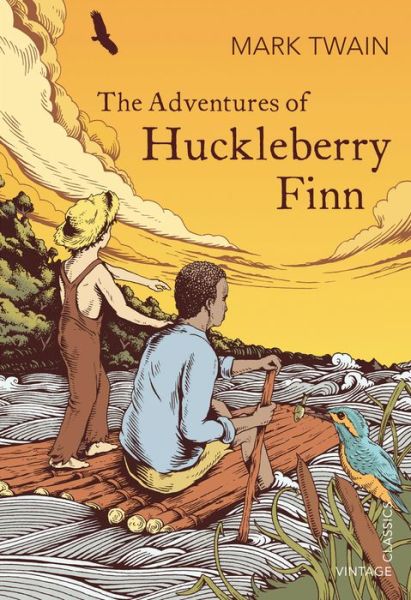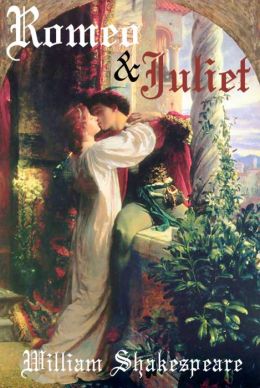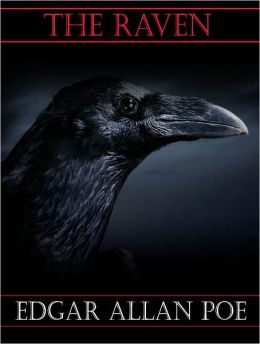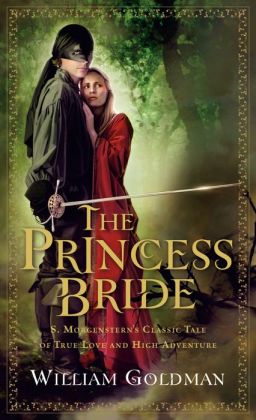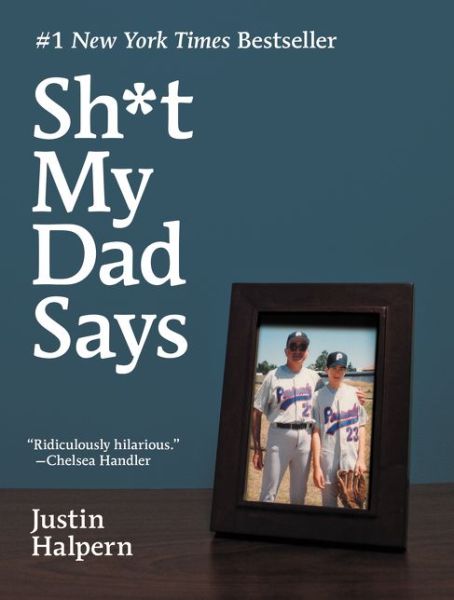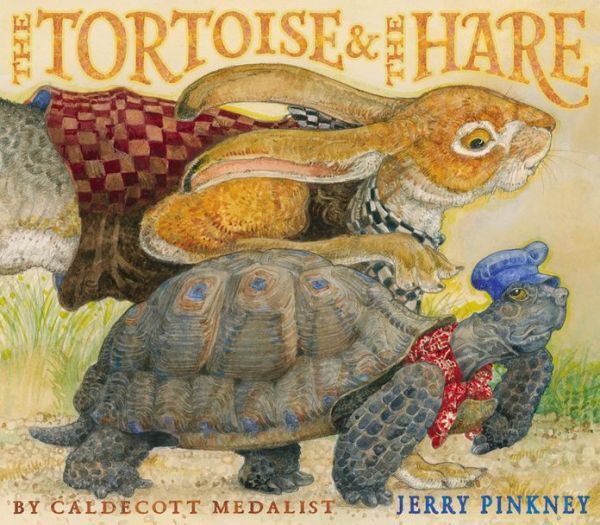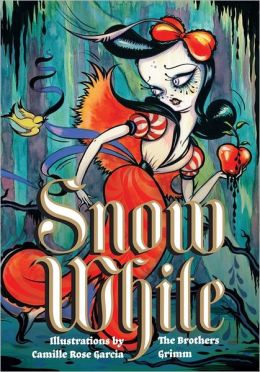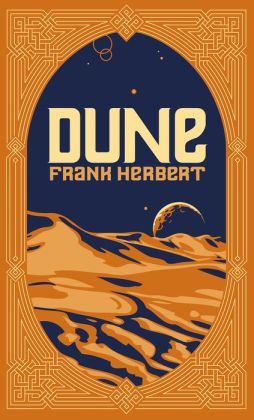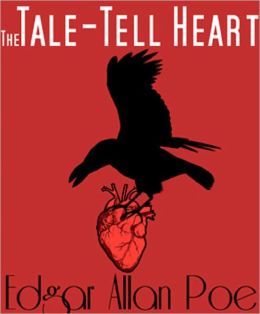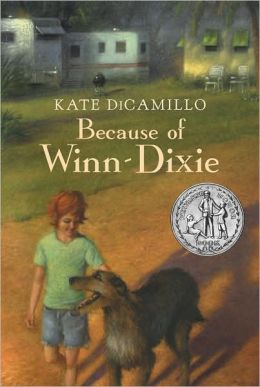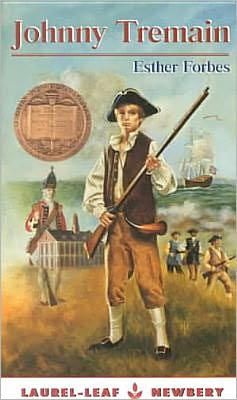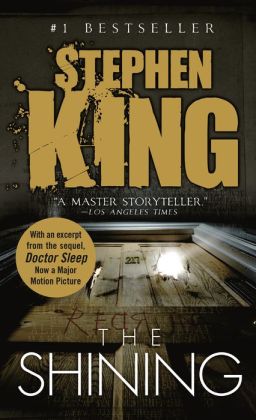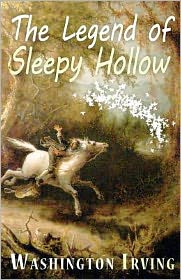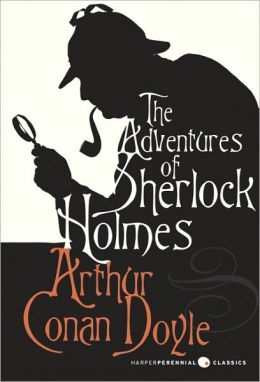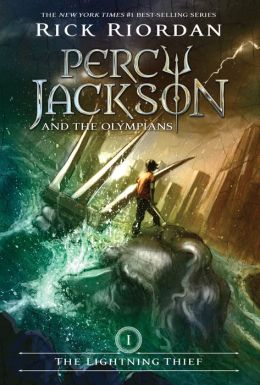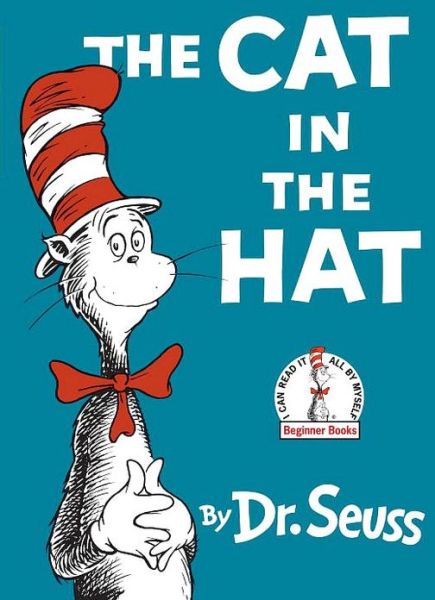How do you name your characters?
 |
| Image courtesy of FakyFakersin photobucket.com |
It is a question I have seen quite a few times, so I’ve decided to share my process and hopefully get a few tips from you in return.
Some characters may come to you fully developed and knowing exactly who they are, name and all, simply looking for a voice to tell their story. For those characters that are waiting to be born and molded, naming them can be as complex and intimate as naming a child. In essence, these characters are your children, they are your brainchildren. Here are a few methods that I use when naming characters:
1. I know you: Sometimes characters can remind us of people that we know; be it their physical description or personality traits. When this happens, I play on the name or nickname of the real person that I know. For example, if a character reminds me of my neighbor “William”, I might name them “Bill” or even “Liam”.
2. You mean…: If a certain character trait stands out to me, I might surf baby name websites looking for names that fit those traits. If my character is the leader of a group in the story, I might name them Aleph, Fallon, or Harlod depending on their gender and which one “speaks” to me most. A more obvious and literal example of this is the seven dwarves from Snow White.
 |
| Image courtesy of dorne morguefile.com |
3. You look like: There are times when I can see the character’s “image” clearly in my head. When I get a sense of things like nationality, complexion, eye color and/or stature, I might do an image search online for actors/actresses or models that fit the mold. If I find someone that undeniably resembles the image I have in my head, I will either use that person’s first name or play on the name the same way I do in #1 above.
4. Randomize me: When all else fails, I will use Scrivener’s name generator. It is a great tool that allows you to narrow the results based on things like gender or nationality. You can also choose whether you want only first names, surnames or a combination of the two. It even gives you the option of using alliteration or setting the obscurity level. Do you want a basic name or something off the wall that fits perfectly in a sci-fi novel? If I am looking for a full name (first and last) I tend to mix and match the results rather than using a name exactly as generated.
What are some methods you use to name your characters? Are your methods similar to mine or do you have a few tricks of your own?











